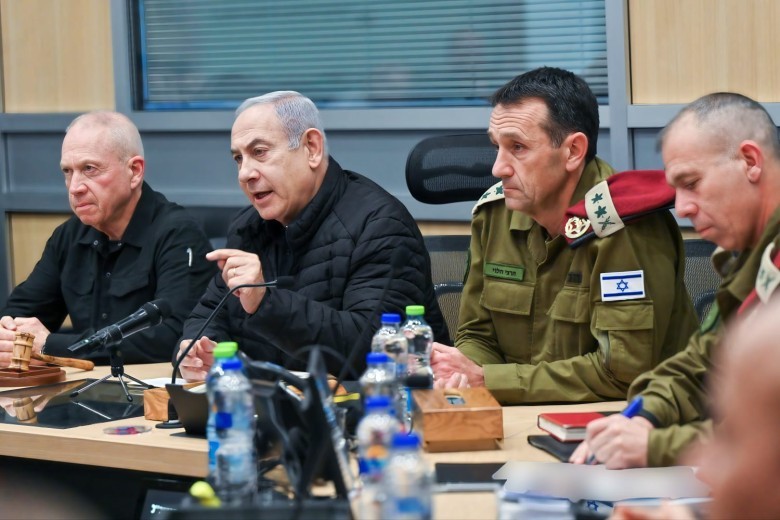
In a significant escalation of tensions, Israel conducted airstrikes against Iran early Saturday, explicitly targeting military sites within the country. This military action comes amid heightened fears of an all-out regional conflict in West Asia.
According to reports from Axios, Israel had sent a warning message to Tehran the day before the strikes, advising against retaliation. Sources revealed that Israel communicated the general nature of its intended targets while also specifying what would not be attacked. The Israeli message aimed to curb the ongoing cycle of violence and prevent a broader escalation in the region.
Israeli officials cautioned Iran that any retaliatory action would lead to even more substantial strikes, particularly if Israeli civilians were harmed. This warning underscores the ongoing volatility between the two nations, which has been marked by threats and military exchanges.
The airstrikes were reportedly in response to a barrage of ballistic missiles launched by Iran at Israel earlier this month. Eyewitnesses in Tehran reported explosions, and Iranian officials confirmed that military bases in the provinces of Ilam, Khuzestan, and Tehran were hit, albeit with what they described as "limited damage."
In the backdrop of these developments, U.S. Secretary of State Antony Blinken was returning to the United States after a diplomatic tour of the Middle East. During his visit, U.S. officials urged Israel to respond in a manner that would not exacerbate the conflict and advised against targeting Iran's nuclear facilities.
The White House National Security Council confirmed awareness of Israel's targeted strikes against military objectives in Iran but referred inquiries to the Israeli government for additional details. Two U.S. officials indicated that Israel had notified the United States prior to the strikes, clarifying that there was no American involvement in the operation.
As tensions rise, the situation remains precarious, with Iranian-backed groups, including Hamas and Hezbollah, already engaged in hostilities with Israel, further complicating the regional dynamics.











